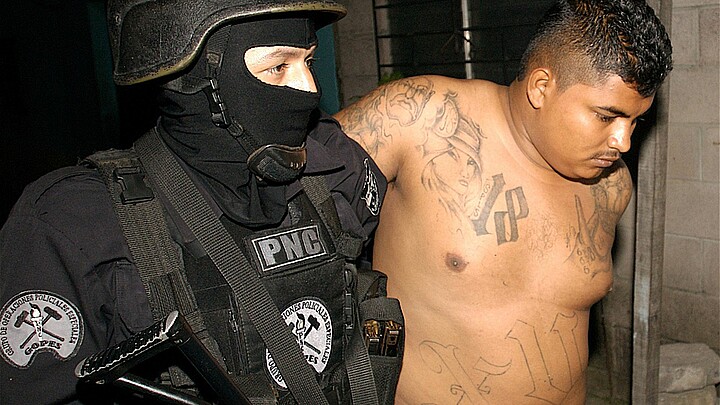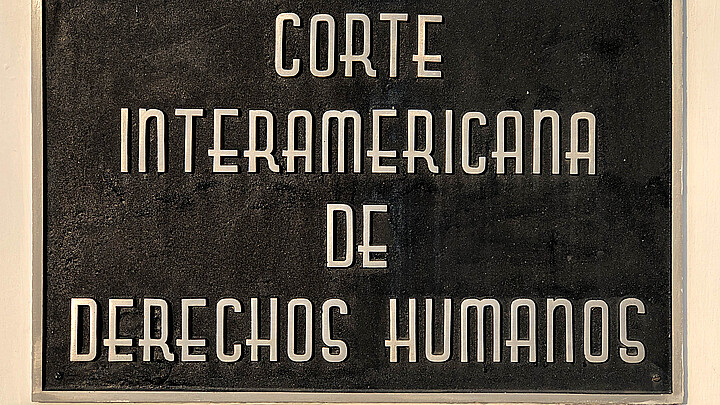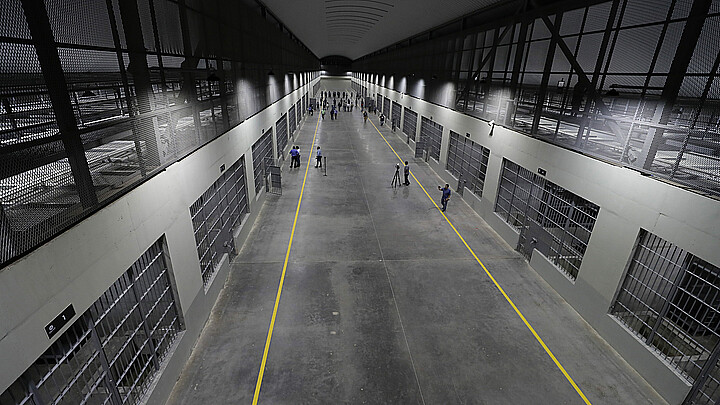Human Rights
El Salvador's war against gangs raise concerns with human rights groups
El Salvador's government closed off certain neighborhoods and conducted random house searches. While some human rights groups complained, some citizens said it did not restrict their mobility.
March 30, 2022 1:38pm
Updated: March 31, 2022 6:09am
El Salvador’s government intensified its anti-gang violence operation on Wednesday by closing off certain neighborhoods and conducting house searches, raising concerns with human rights organizations.
On Sunday, El Salvador’s President Nayib Bukele declared a state of emergency temporarily suspending constitutional protections, after the country saw a rise in homicides. However, some citizens claim that the state of emergency did not include mobility restrictions.
“Free transit was not limited (in the state of emergency) and there are already citizens denouncing the encircling of neighborhoods,” said National lawmaker Claudia Ortiz of the conservative Vamos party.
Under the state of emergency decree, which lasts for 30 days, authorities can make massive arrests and extend jail time. According to Bukele, authorities captured 2,163 gang members in less than four days.
2,163 pandilleros capturados en 4 días…
— Nayib Bukele (@nayibbukele) March 30, 2022
Y menos de 72 horas con RÉGIMEN DE EXCEPCIÓN.
Ninguno saldrá libre.
Seguimos…#GuerraContraPandillas pic.twitter.com/0z2mRgh3as
Under Bukele’s presidency, El Salvador has seen a decline in homicide rates—even though U.S. authorities accused the president of negotiating with gangs to get the low numbers.
However, the Central American country saw a spike in homicides last weekend, when 89 people were killed in four days compared to 79 homicides in all of February.
Human rights organizations have criticized Bukele’s tactics to deal with the increase in homicides.
“Instead of protecting Salvadorans, this broad state of emergency is a recipe for disaster that puts their rights at risk,” said Human Rights Watch in a statement on Tuesday, asking the president to confront gang violence while respecting human rights.
On Monday, Bukele announced on Twitter that he would also implement strict measures against gang members who were already in prison, including removing their beds and rationing their food.
MENSAJE A LAS PANDILLAS:
— Nayib Bukele (@nayibbukele) March 28, 2022
Tenemos 16,000 “homeboys” en nuestro poder.
Aparte de los 1,000 arrestados en estos días.
Les decomisamos todo, hasta las colchonetas para dormir, les racionamos la comida y ahora ya no verán el sol.
PAREN DE MATAR YA o ellos la van a pagar también. pic.twitter.com/gpelYbhsQE
The Inter-American Commission on Human Rights condemned these measures. “The measures implemented in the prisons constitute policies of a repressive nature that can result in serious violations of the humans rights of persons deprived of liberty,” the commission said.









